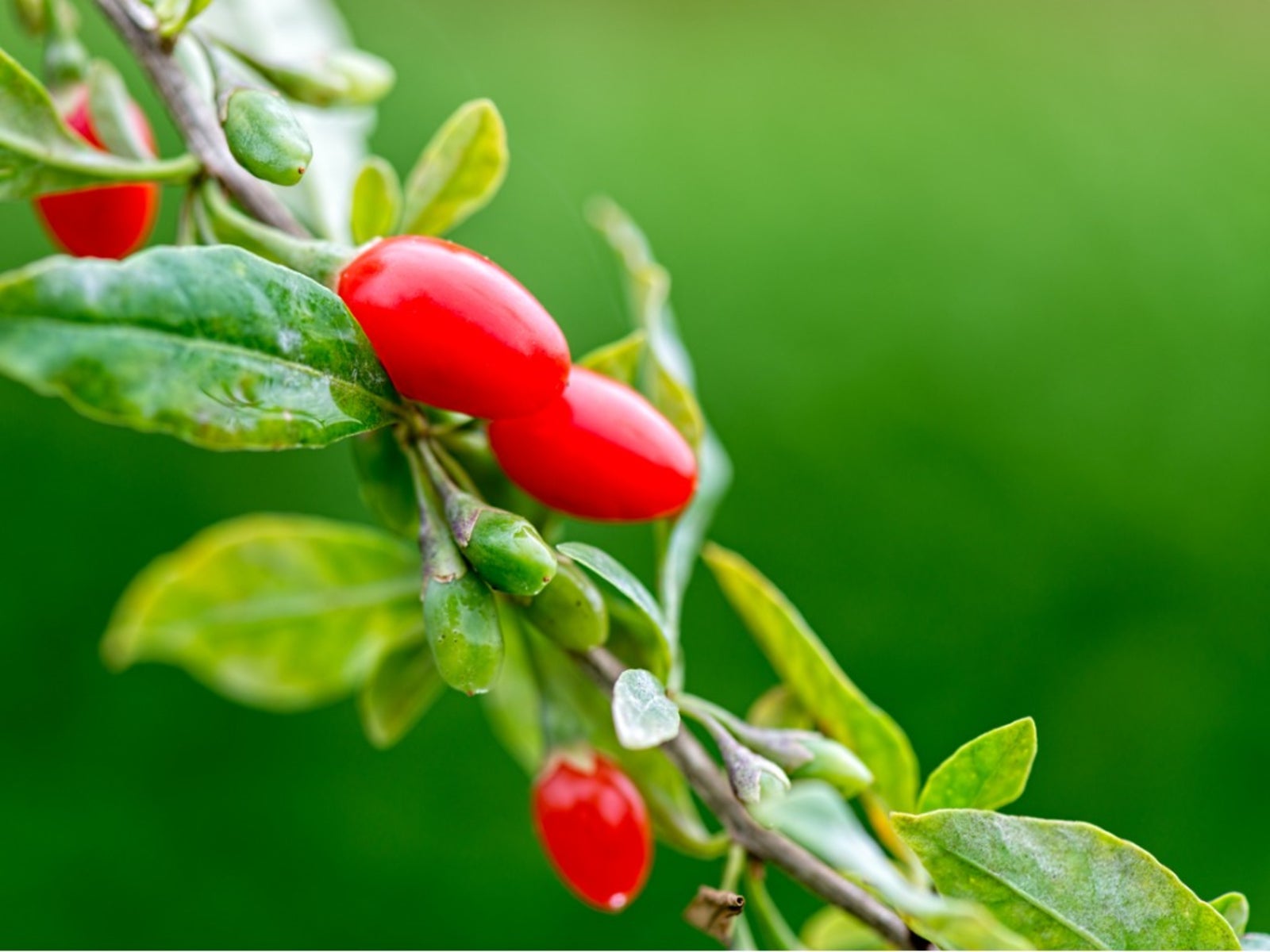Goji Berry Plant Propagation: How To Propagate Goji Berry Seeds And Cuttings


Sign up for the Gardening Know How newsletter today and receive a free copy of our e-book "How to Grow Delicious Tomatoes".
You are now subscribed
Your newsletter sign-up was successful
The goji berry plant is a great addition to the garden. Hardy in USDA zones 3 through 10, this large branching shrub produces bright red berries that are both tasty and being touted all over these days as a superfood. But how do you get more goji berry plants? Keep reading to learn more about how to propagate a goji berry plant.
Goji Berry Plant Propagation
Propagating goji berries can be done in two ways: by seed and by cuttings. While growing goji berry plants from seed is perfectly doable, it takes quite a bit of patience. The seedlings often suffer from damping off (becoming weak and falling over), and even the healthy ones take about three years to really get going. Rooting goji berry cuttings is much more reliable and effective. That being said, seeds are best started indoors in the early spring covered with a thin layer of compost. Keep the seeds warm, between 65 and 68 F. (18-20 C.). Transplant the seedlings into a pot to be brought indoors for the first winter before finally planting outside.
Rooting Goji Berry Cuttings
Goji berry plant propagation can be done both with softwood (new growth) cuttings taken in the summer, and with hardwood (old growth) cuttings taken in the winter. Softwood cuttings tend to take root more reliably. Take your softwood cuttings in early summer – cuttings should be 4 to 6 inches (10-15 cm.) long with at least three sets of leaves. Take the cuttings in the early morning, when their moisture content is highest, and wrap them in a wet towel to keep them from drying out. Remove the leaves from the bottom half of the cuttings, dip the ends in a rooting hormone, and place them in small pots of half perlite, half peat moss. Wrap and seal the pots in plastic bags and open them up every other day to allow air circulation. The key is to keep the cuttings moist until they root. Keep them in bright, indirect sunlight. After a few weeks, remove the bag. Bring the pots indoors for their first winter to allow the plants to become established.
Sign up for the Gardening Know How newsletter today and receive a free copy of our e-book "How to Grow Delicious Tomatoes".

The only child of a horticulturist and an English teacher, Liz Baessler was destined to become a gardening editor. She has been with Gardening Know how since 2015, and a Senior Editor since 2020. She holds a BA in English from Brandeis University and an MA in English from the University of Geneva, Switzerland. After years of gardening in containers and community garden plots, she finally has a backyard of her own, which she is systematically filling with vegetables and flowers.